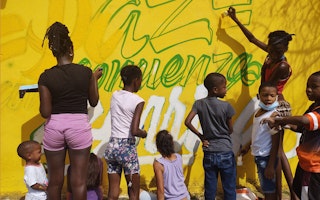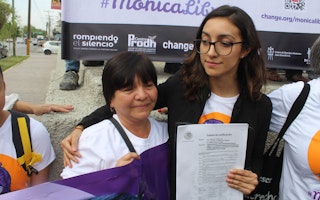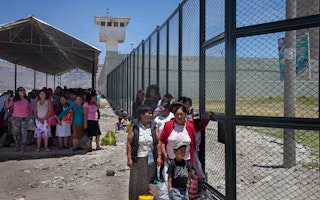A city desperate for change found an urban leader. Join us in a conversation with Antanas Mockus, former mayor of Bogotá, who led one of the amazing city transformations in Latin America. Mockus’ non-traditional approach to transforming social-cultural norms related to violence, citizen engagement, and fiscal disarray, serve as an inspiration for tackling seemingly intractable issues.
It is said that picking up trash isn’t a partisan issue, but a technocratic one. Yet there are different ways to lead a city. In Latin America, one man decided to tackle extraordinarily high levels of violence and disorder, fiscal disarray, and citizen disengagement by using the culture of a city to transform the relationship of its people to each other and to their government.
Antanas Mockus, as mayor of Bogotá, Colombia, brought humor and a sense of play to his role as the city’s leader. Among many other important achievements, his alternative approaches and groundbreaking initiatives led to a 70 pecent reduction in Bogotá’s homicide rate.
As Open Society works to help cities implement the new Sustainable Development Goals and to reduce homicides in Latin America, Mockus’s experience is valuable in addressing seemingly intractable challenges.
Speakers
- Antanas Mockus is a professor, writer, researcher, social innovator, and inspiration to a generation of idealists.
- Andrea Batista Schlesinger (introductory remarks) is deputy director for the U.S. Programs.
- Pedro Abramovay (moderator and discussant) is regional director for Latin America and the Caribbean.
Watch a trailer about Antanas Mockus’s work as mayor and a trailer for a documentary about his last presidential campaign.
Read more
Homicide Reduction
Q&A: How One Colombian City Is Tackling Violent Crime

Palmira, Colombia, is one of the most violent cities in the world. But a prevention program focusing on youth has reduced crime significantly—and earned it an international peace prize. The city’s mayor on what’s working.
WOMEN'S RIGHTS
Challenging Mexico’s Abusive Preventative Detention System

Mónica Esparza’s case is one of the most notorious cases of extreme gender violence carried out by Mexican authorities. What her story teaches about how to combat the country’s scourge of gender-based violence.
Keep Families Together
We Must Not Forget the Children of the Incarcerated

As a new report shows, draconian anti-drug policies in Latin America don’t just harm people who use or sell substances; they harm the children and families of the incarcerated, too. Thankfully, there’s a better way.